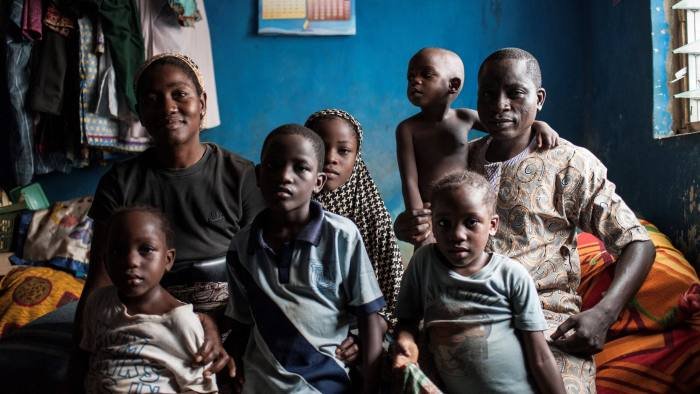Breaking free from the cycle of poverty is a challenging task that many families face. Despite their best efforts, some families find themselves trapped in a cycle that seems impossible to escape.
In this post, we will explore five reasons why the poverty cycle may have continued in your family. By understanding these factors, we can begin to address them and work towards a brighter future.
- Vagina facts: How long and deep is a vagina – and how wet does it get?
- 15 Rubbish You Do That Make You Age Faster
1. Lack of Education
Education plays a vital role in breaking the cycle of poverty. Without access to quality education, individuals may struggle to find stable employment opportunities that offer higher wages.
Limited education can also hinder one’s ability to make informed financial decisions and manage resources effectively.
By investing in education and acquiring new skills, individuals can increase their chances of breaking free from the poverty cycle.
2. Limited Job Opportunities
In many communities, limited job opportunities contribute to the continuation of the poverty cycle.
High unemployment rates and a lack of industries can make it difficult for individuals to find stable employment.
This can result in low wages, job insecurity, and an inability to save for the future. Addressing this issue requires a focus on creating new job opportunities and fostering economic growth within the community.
3. Generational Poverty
Generational poverty refers to a situation where poverty is passed down from one generation to the next.
This can occur due to a lack of resources, limited access to education, and a cycle of dependency on government assistance.
Breaking free from generational poverty requires a multi-faceted approach that includes education, job training, and support systems to empower individuals and families to create a better future.
4. Limited Financial Literacy
Financial literacy is a critical skill that is often overlooked in impoverished communities.
Without a basic understanding of financial concepts, individuals may struggle to manage their money effectively, leading to a perpetuation of the poverty cycle.
By providing financial education and resources, individuals can learn how to budget, save, and make informed financial decisions, ultimately breaking free from the cycle of poverty.
5. Systemic Inequality
Systemic inequality, such as discrimination based on race, gender, or socioeconomic status, can contribute to the continuation of the poverty cycle.
Individuals who face systemic barriers may have limited access to resources, education, and job opportunities, making it difficult to escape poverty.
Addressing systemic inequality requires a collective effort to dismantle discriminatory practices and create a more equitable society.
Conclusion
Breaking free from the poverty cycle is a complex and challenging journey. By understanding the reasons why the cycle has continued in your family, you can begin to take steps towards breaking free.
Investing in education, creating job opportunities, addressing generational poverty, promoting financial literacy, and fighting systemic inequality are all essential components of breaking the poverty cycle.
Article updated 1 day ago. Content is written and modified by multiple authors.




